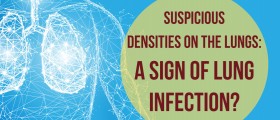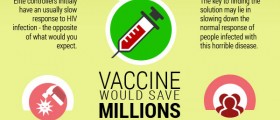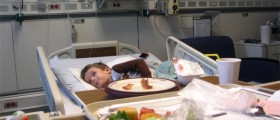
Bacteria are very small single-celled, prokaryote microorganisms ubiquitous in every habitat on Earth. Bacteria normally occupy every corner of our planet. They grow in soil, in very acidic hot springs, and even in the radioactive waste! In other words, none of us can hide from bacteria, and they are not something we should be very much afraid of. Many of them are even beneficial, living in the skin and in the human gut flora. Most of those bacteria found in the human body are harmless since our immune system regulates their number. A few of them are even beneficial, aiding in many bodily processes. However, a few species of bacteria are pathogenic to humans and cause various infectious diseases, including the severe ones such as cholera, syphilis, anthrax, leprosy and bubonic plague.
Bacterial infections
Pathogenic bacteria cause bacterial infections. One of the most severe bacterial diseases is tuberculosis, which attacks the lungs but can also affect other parts of the body. It is caused by the mycobacterium, usually Mycobacterium tuberculosis, and spreads easily through the air when people affected with infection cough, sneeze, or spit.
Pneumonia is another severe bacterial infection, characterized by the inflammation of the lung, and especially alveoli. Streptococcus pneumonia bacteria typically cause this condition. This bacterium is also associated with other diseases such as acute sinusitis, otitis media, meningitis, bacteremia, sepsis, osteomyelitis, septic arthritis, endocarditis, peritonitis, pericarditis, cellulitis and brain abscess. Streptococcus pneumonia enters the body when a person inhales airborne droplets. However, it can also affect the lungs through the bloodstream, if some other part of the body is contaminated.
Different bacteria such as Shigella, Campylobacter and Salmonella also typically cause Foodborne illnesses. The bacteria may contaminate the food because of the improper handling, preparation, or food storage. For example, this may happen if the food is not washed away properly, or if it was exposed to contaminated surfaces or water.
Are bacterial infections contagious?
The correct answer to this question would be: it depends on what kind of bacteria causes the disease, and what kind of infection a person is having. Some types of bacterial infections, like simple gingivitis or periodontal disease, cannot spread to another person. These infections are limited to one small area. However, if the bacteria are present in the respiratory system, it can occupy the exhaled air or sputum, and be exposed to another person. Whether the person is going to get sick or not depends on the state of the body’s own immune system. However, some bacteria grow very fast and easily overwhelm the immune system, even in the most healthy individuals. These bacteria may be disastrous and affect the whole nations.
- medlineplus.gov/bacterialinfections.html
- www.cdc.gov/meningitis/bacterial.html
- Photo courtesy of Ed Uthman by Wikimedia Commons: commons.wikimedia.org/wiki/File:Infectious_Mononucleosis.jpg

















Your thoughts on this
Loading...